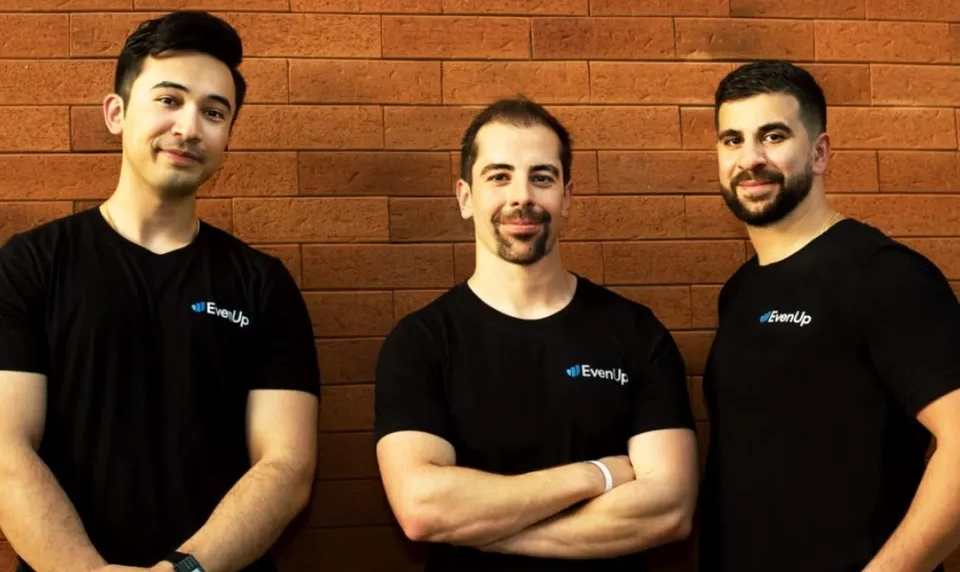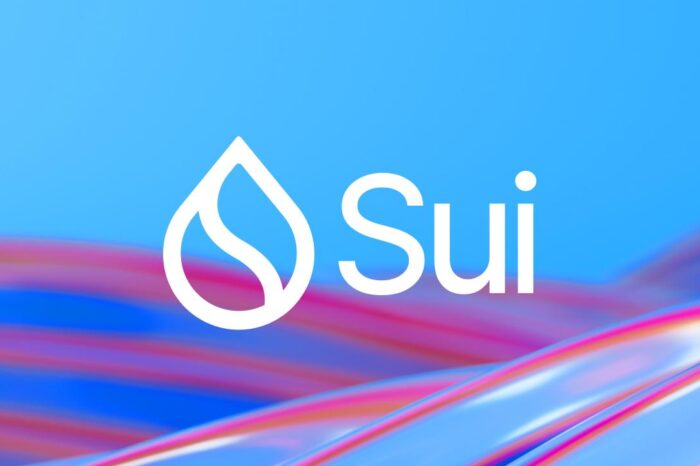Legal AI startup EvenUp raises $135 million in funding at over $1 billion valuation

San Francisco-based legal AI startup EvenUp has secured $135 million in Series D funding, making it one of the largest in legal AI history.
This latest round, which pushes the company’s valuation past the $1 billion mark, was led by Bain Capital Ventures, with backing from Premji Invest, Lightspeed Venture Partners, Bessemer Venture Partners, SignalFire, and B Capital Group.
EvenUp plans to use the investment to close the justice gap by helping law firms improve their case outcomes using AI. The new funding highlights the continued strength of the AI sector, despite a slowdown in other parts of the venture capital landscape.
In conjunction with this round of funding, EvenUp is also rolling out four new products as part of its Claims Intelligence Platform™. These products aim to provide key insights at critical points in a case’s lifecycle, speeding up workflows and increasing claim value.
Founded in 2019 by Rami Karabibar (CEO), Raymond Mieszaniec (COO), and Saam Mashhad, EvenUp helps leading personal injury firms maximize the value of their claims and secure higher settlements against powerful defendants. The company is focused on making personal injury cases fairer. EvenUp’s machine learning-powered AI model, Piai, reduces manual work and improves outcomes across the personal injury process.
“Our goal is to help the 20 million injury victims in the U.S. each year get fairer outcomes. With this funding and our new products, we’re in a stronger position to support our customers and continue building our team, especially with recent leadership additions from public companies,” Karabibar said.
EvenUp’s legal AI platform is currently used by over 1,000 personal injury law firms. Since its inception five years ago, EvenUp has helped secure more than $1.5 billion in damages and identified $200 million in missing documents.
According to internal data, EvenUp’s flagship product, Demands, boosts the chances of reaching a policy limit settlement by 69% compared to non-EvenUp demand letters, often leading to settlements that are 30% higher.




